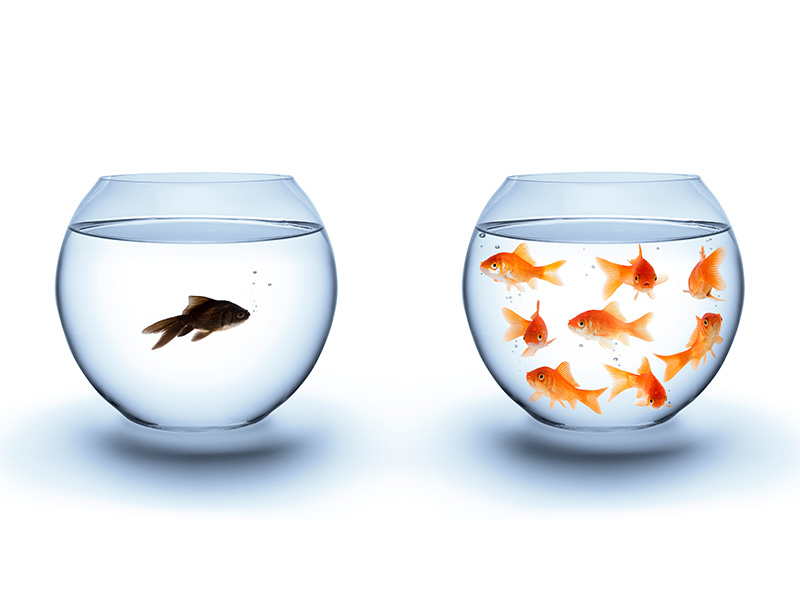“TK Talks with Camille Williams, MA, NCC, LCPC – Starving for Connection”
Starving for Connection by Camille Williams, MA, LCPC
Connection is a common theme and struggle in the midst of an eating disorder (ED) and while working towards recovery. There is often an intense desire and need for connection and the ED provides a false sense that ultimately increases loneliness and isolation.
Food is one of the most common ways most people connect – through family gatherings, social events, holidays, or just grabbing lunch with a friend. Social situations small and large are all centered on food and connection with others. This is not surprising because these are two significant needs every human has. We need food to survive and we need connection to thrive. Connecting to others with food can provide a lot of joy as it can be a celebration of culture, a meaningful reunion, or a weekly date. Those with an ED may struggle to experience the same sense of joy due to the conflicting narrative of the ED voice.
ED’s distort a sense of joy due to the commercialized views of beauty and it provides a false belief that restriction of food is the way to connect. The ED tells people that being thin is the way to connect, to fit in, and to belong. Buying into this belief may lead to ED behaviors as a way to seek connection. Although the desire is for connection, it will ultimately drive people further from connection because it leads to insecurity and isolation.
The dominos can start falling as the relationship with food, body, and others has been affected and the damage continues. This search for connection through ED will begin to also affect one’s emotional health by increasing depression and anxiety. Depressive feelings are proven correct because the person may feel empty and alone and ED is making sure that is the case. It’s like the ED is saying, “See! You feel alone and you are alone!” and then, to preserve itself, ED also likes to remind the person, “but don’t worry, I’m here for you!” So again, the individual is less connected to others and more connected to the ED. This is the same with anxiety because fears and nervousness around others and social situations will be heightened. Then the ED may seem like a more comfortable way to cope with these feelings.
Those with an ED need to consider who and what they are most connected to. How much time is spent listening to demands of ED, engaging in ED, sitting alone with ED? How much time is spent with loved ones? With passions? Reassessing may help to decrease ED behaviors and spend more time with the people and things that matter. Although this may be challenging, it will result in more authentic connections and lasting satisfaction in life overall. Recovery gets easier when one is connected to meaningful people and purpose.
TK Contributor: As the Timberline Knolls Eating Disorder Program Coordinator, Camille Williams MA, NCC, LCPC, supports the development of curriculum, supervises the eating disorder specialists, and provides group therapy. She also educates and trains all staff on campus and advocates for eating disorder awareness through publications. Timberline Knolls serves as an iaedp™Presidents Council Member.
*The opinions and views of our guest contributors are shared to provide a broad perspective of eating disorders and not intended as endorsement by iaedp Foundation, Inc. or its Board of Directors.*






